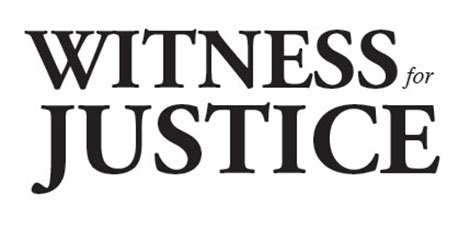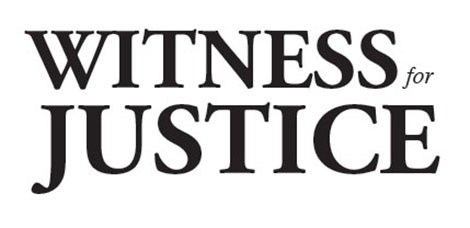Commentary: Celebrating and Empowering Women
“I praise you, for I am fearfully and wonderfully made.” Psalm 139:14a
 March 8 is recognized around the world as International Women’s Day. It is a day for us to acknowledge and lift up the work of women and the role they play in our lives and our communities. Many times, this work is silent and unseen. It is the school lunches packed, the nursing of those unable to care for themselves, the supportive embrace, the cleaning of offices, and the silent (or not-so-silent) cheering as you achieve your goals. Supporting and empowering women and girls is the most important factor in building healthy local communities and a stable global community.
March 8 is recognized around the world as International Women’s Day. It is a day for us to acknowledge and lift up the work of women and the role they play in our lives and our communities. Many times, this work is silent and unseen. It is the school lunches packed, the nursing of those unable to care for themselves, the supportive embrace, the cleaning of offices, and the silent (or not-so-silent) cheering as you achieve your goals. Supporting and empowering women and girls is the most important factor in building healthy local communities and a stable global community.
When I talk about empowered women and girls, I’m not just talking about there being more income for the family, I am talking about a world where women are less likely to be abused, more likely to be educated, and more likely to have control over their reproductive choices. This enables them to not only advocate for more just policies from their governments, but also in their own families. Education and work opportunities can make a profound difference in changing the role of women in their communities.
The Council of Evangelical Churches of Colombia (CEDECOL) Women’s Network supports women of indigenous ethnic backgrounds, particularly in promoting the production and selling of traditional handicrafts. Such products serve to both express local culture to others and bring in much needed income for the women’s families.
An indigenous woman of the Toribio Cauca community, Elcira, remarked that previously, church-led training was often only offered to pastors, not laywomen, but the Women’s Network has changed that. It has shown women in her community that, “God does not want us to be violated in any way. We must be peacemakers in our community. We can organize and do many things for us and for our community.”
The priority theme of the upcoming 62nd session of the UN Commission on the Status of Women will draw attention to the rights and activism of rural women, who make up more than a quarter of the world population. Rural women and their organizations have enormous potential as change makers, and they are on the move to claim their rights and improve their livelihoods and wellbeing. Earlier this year, the TimesUp movement in the U.S. found a powerful ally in Alianza Nacional de Campesinas, the national farmworker women’s organization.
As former UN Secretary General Kofi Annan has said, “It is impossible to realize our goals while discriminating against half the human race. As study after study has taught us, there is no tool for development more effective than the empowerment of women.”
Allowing women to own their own businesses, decide when or if to be married and have children, and control their finances will benefit them personally as well as the local and global community. Empowering women to make their own decisions about their life has the power to change the world.
Rebekah Choate is Associate for Global Advocacy and Education for the Global Ministries of the United Church of Christ and Christian Church (Disciples of Christ).
View this and other columns on the UCC’s Witness for Justice page.
Donate to support Witness for Justice.
Click here to download the bulletin insert.
Related News
Overworked, Overwhelmed, and Underpaid
It is overwhelming to be a human right now, and especially, a policy advocate with moral...
Read More“I am thirsty”
Last March, when a child who was stuck under the rubble of a collapsed building in Gaza saw...
Read MoreSpringing Forward
Spring is in bloom in my neighborhood. Trees are budding. Flowers are starting to blossom. The...
Read More

